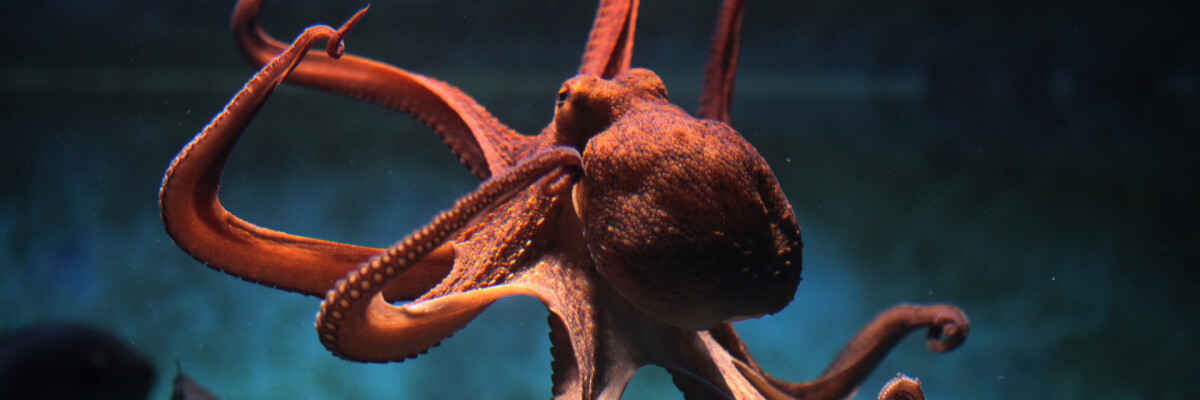It turned out that the animal’s legs are capable of making decisions independently from its brain. This is because its neurons do not have a shared center and are spread across its entire body.
Scientists from Washington University have discovered new information about the internal structure of octopi. The subjects of their study were two types of octopi — giant Enteroctopus dofleini and red Octopus rubescens. Both of them live in the Pacific Ocean, although Octopus rubescens inhabits a more northern part of it.
The nervous system of an octopus consists of half a billion neurons, with 350 million of them located in the ganglia along its tentacles. Their main purpose is processing of sensor information, allowing the animal to rapidly react to external factors.
In the course of the experiments, scientists gave the octopi objects of varying shape, weight and texture, sometimes containing food. It turned out that upon receiving information from the environment, the animal’s tentacles initiated actions on their own, independently from the brain.
This conclusion was indirectly confirmed by other studies showing that the octopus’ tentacles could continue functioning even after being detached from its body.
Share this with your friends!





Be the first to comment
Please log in to comment